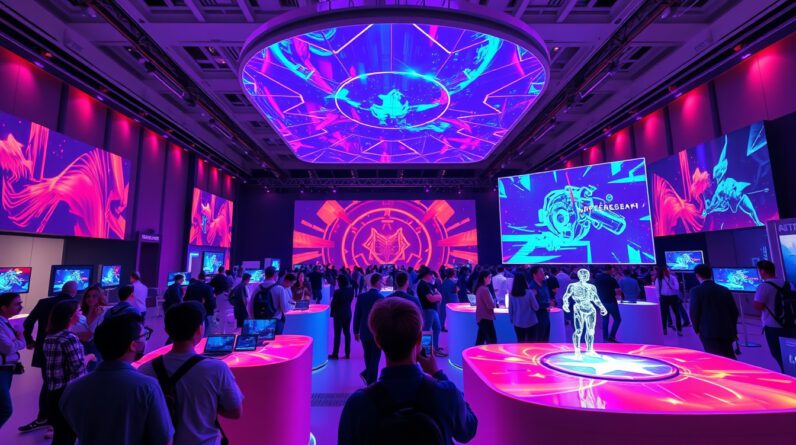
AMD Cuts Jobs as it Prioritizes AI Chip Development
Workforce Reduction
Advanced Micro Devices, Inc. (AMD) is undergoing a significant organizational restructuring as part of its strategic realignment toward artificial intelligence (AI). The company has announced a reduction of approximately 4% of its global workforce, impacting around 1,000 employees from its base of approximately 26,000 employees at the end of the previous year. This move marks a pivotal moment in AMD’s focus on the burgeoning AI market.
Strategic Focus on AI
The rationale behind the workforce reduction is AMD’s intention to recalibrate its resources and efforts towards its most promising growth areas, with AI being a primary focus. By prioritizing AI chip development, AMD is positioning itself to capture a larger share of the rapidly expanding AI and data center markets. This strategic pivot illustrates AMD’s commitment to aligning its business operations with market opportunities forecasted to drive future growth.
Performance and Growth
Despite the layoffs, AMD has demonstrated robust performance, reporting strong financial results for the third quarter. The company achieved record revenue figures, buoyed by increased sales of its EPYC CPUs, Instinct data center products, and Ryzen PC processors, highlighting an 18% increase in year-over-year revenues. This performance underscores AMD’s strong market presence even as it undergoes strategic changes.
AI Market Competition
AMD is facing intense competition in the AI chip sector, taking on industry leader Nvidia. With products like the Instinct AI accelerators and MI300X GPUs, AMD is seeking to expand its footprint and is gaining traction with key industry players, including Microsoft and Meta, who are integrating AMD’s AI solutions into their workflows. This competition is a testament to AMD’s innovation and adaptability in a highly dynamic industry.
Impact on Other Segments
The restructuring and job cuts considerably affect AMD’s sales and marketing divisions within its gaming and consumer PC sectors. These segments have recently experienced challenges, with a notable downturn expected in gaming revenue. Redirecting resources from these areas to AI-centric development reflects AMD’s strategic shift in focus.
Future Investments
In aligning with its AI growth strategy, AMD is enhancing its investment in research and development, a core component of its forward-looking initiatives. The company is also acquiring ZT Systems, a key player in AI and cloud computing system design and manufacturing, in a $4.9 billion deal. This acquisition demonstrates AMD’s commitment to strengthening its capabilities and expanding its portfolio in AI and cloud solutions.
Industry Trends
AMD’s workforce restructuring is part of a broader industry trend where tech companies are shifting priorities towards AI development. This trend is mirrored by other tech giants, such as Intel and Cisco, also reducing their workforces to concentrate on high-growth areas like AI. This shift highlights a fundamental change in focus within the tech industry towards the potential opportunities AI technologies present.
Talent Acquisition and Retention
The strategic pivot towards AI has intensified the competition for skilled professionals in AI and machine learning. AMD recognizes the critical importance of attracting and retaining top-tier AI talent to drive the company’s innovation and leadership in AI product development. Building a strong team of AI experts is a crucial factor in AMD’s strategy to capitalize on the AI market’s growth potential.
In conclusion, AMD’s strategic redeployment of resources towards AI underlines its commitment to advancing in a technology landscape increasingly dominated by AI innovations. While the workforce reduction is regrettable, it aligns with AMD’s vision to seize emerging opportunities in AI and data centers, aiming to outpace competitors and deliver innovative solutions to market demands.




